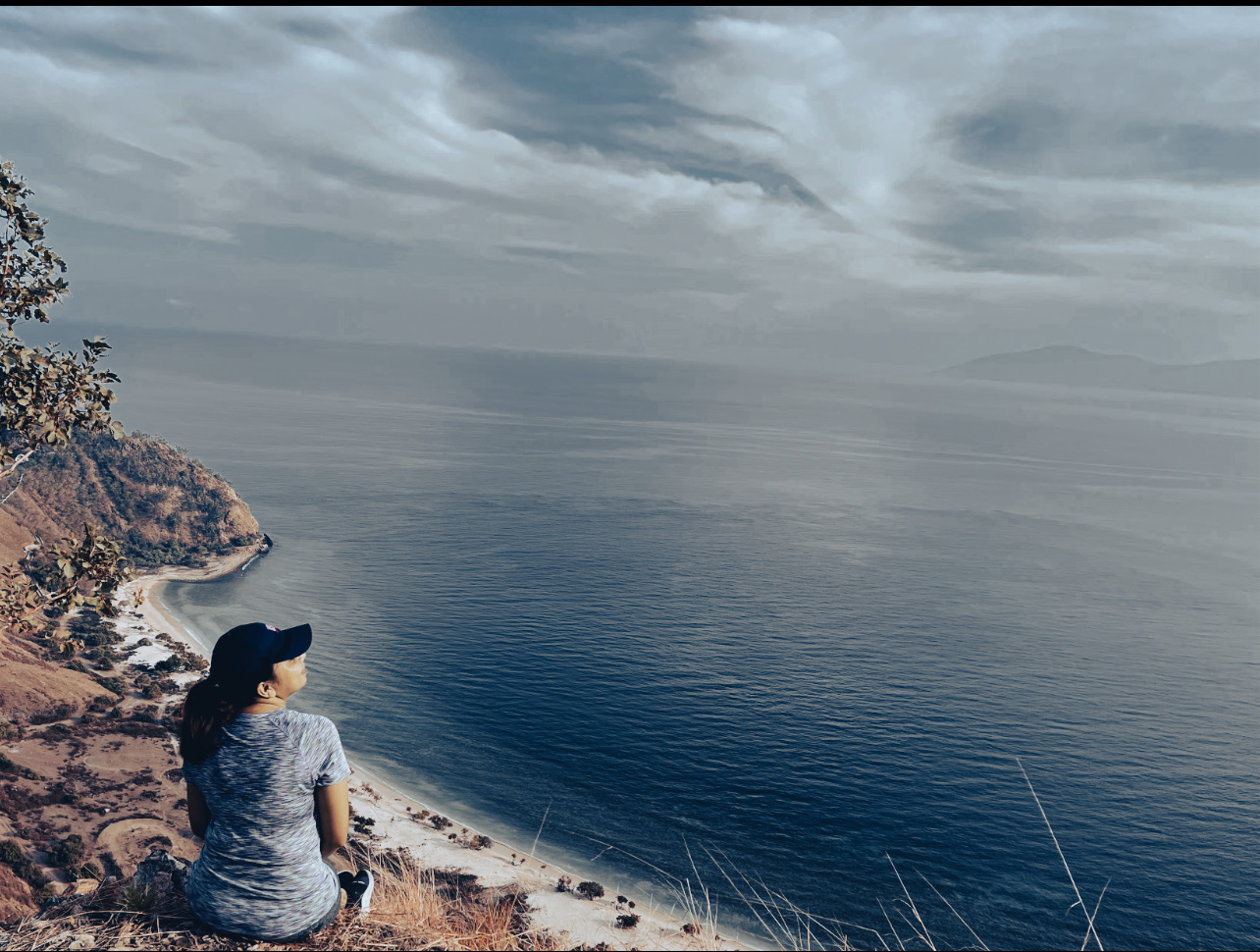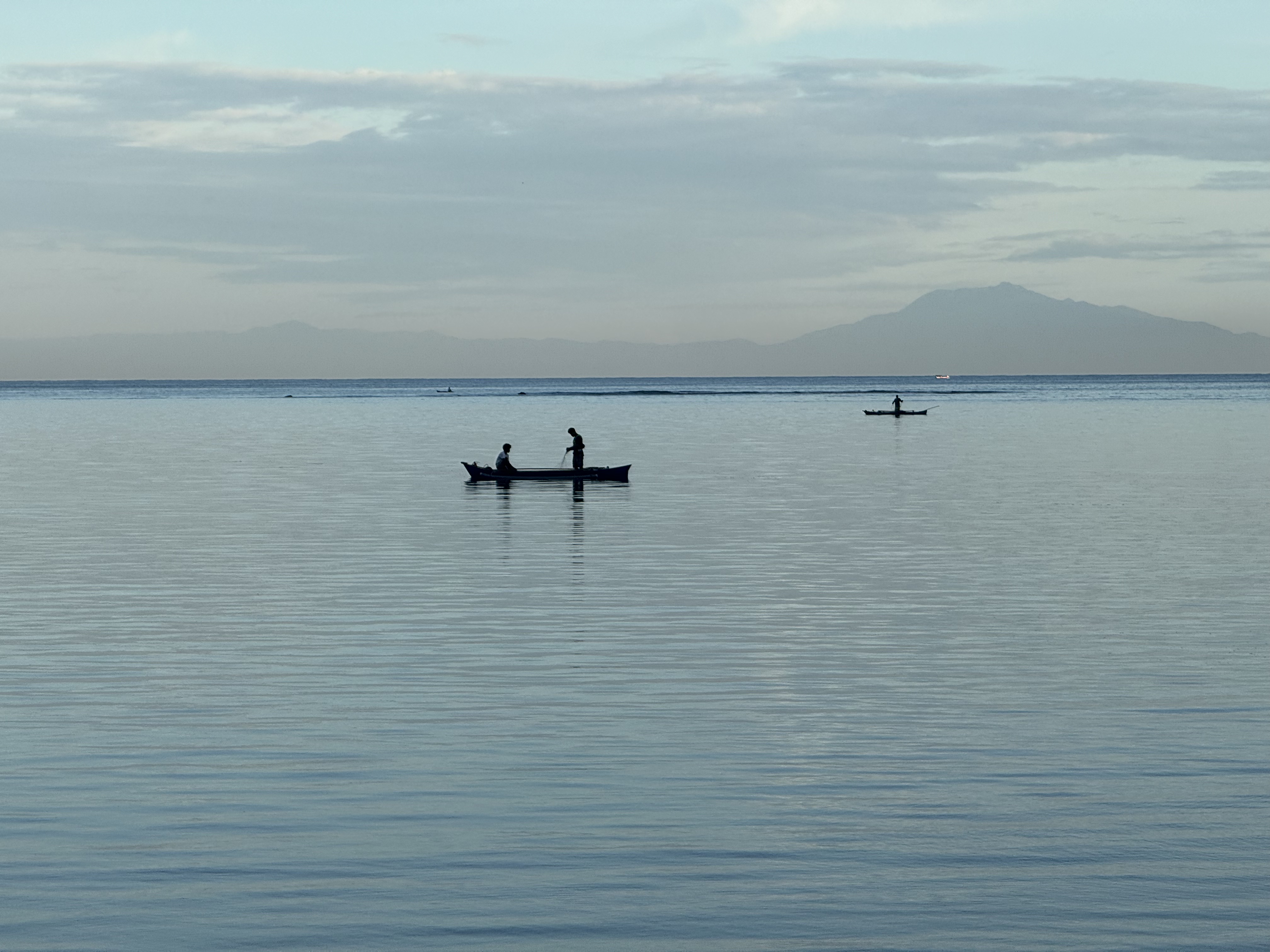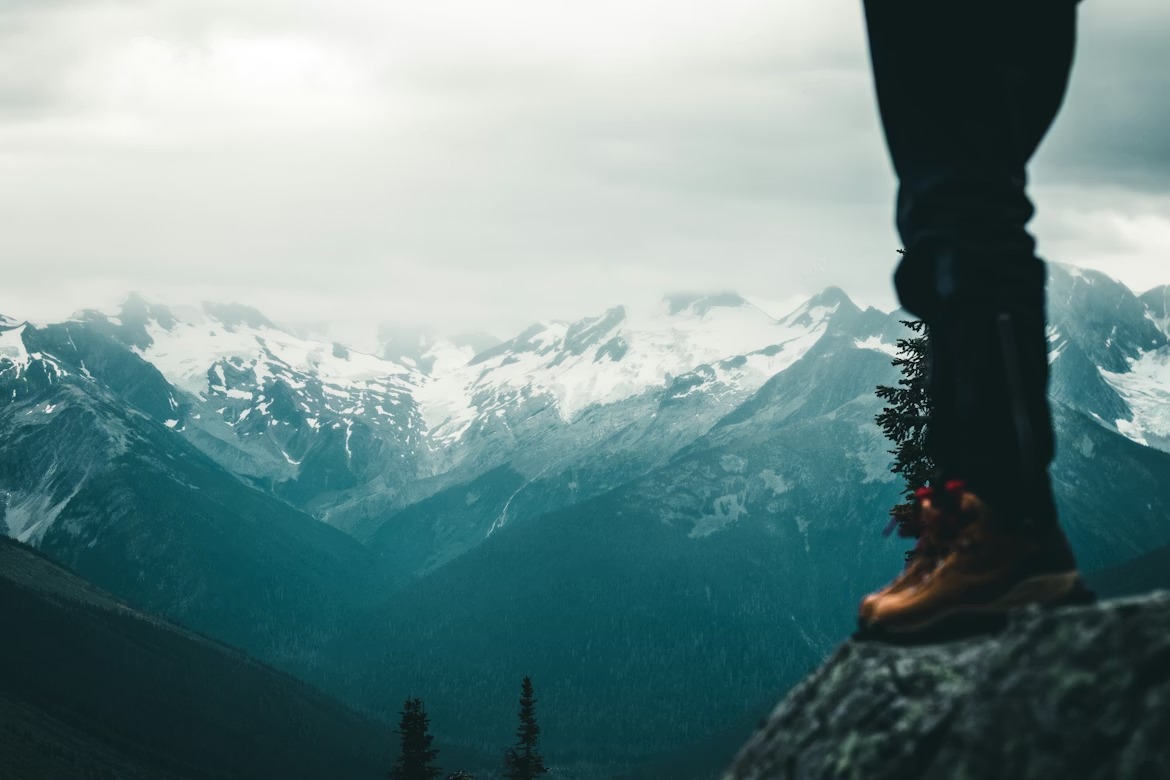I didn’t learn the “oxygen mask” lesson on a plane - I learned it at a climate conference.
As I write this reflection, I’m reminded of how overwhelming COP can be. For some, it’s a long-awaited reunion with friends, funders, and fellow negotiators. For others, it’s stepping into a whirlwind of urgency, pressure, and unpredictability. Every year brings a new host country, a new layout to navigate, new faces, and new expectations.
By the second week, everything feels heavier. I remember how saturated I’d become — drained from long preparatory meetings even before COP officially began, navigating late-night sessions, absorbing hundreds of conversations, and carrying the quiet pressure to keep up.
I often felt overwhelmed just trying to describe the experience. And honestly, I still do.
I don’t want young negotiators to feel that way. I was there — and I chose to step back for a while. Maybe I’ll return next year. But this tI didn’t learn the “oxygen mask” lesson on a plane - I learned it at a climate conference.
As I write this reflection, I’m reminded of how overwhelming COP can be. For some, it’s a long-awaited reunion with friends, funders, and fellow negotiators. For others, it’s stepping into a whirlwind of urgency, pressure, and unpredictability. Every year brings a new host country, a new layout to navigate, new faces, and new expectations.
By the second week, everything feels heavier. I remember how saturated I’d become — drained from long preparatory meetings even before COP officially began, navigating late-night sessions, absorbing hundreds of conversations, and carrying the quiet pressure to keep up.
I often felt overwhelmed just trying to describe the experience. And honestly, I still do.
I don’t want young negotiators to feel that way. I was there — and I chose to step back for a while. Maybe I’ll return next year. But this time away gave me the clarity I needed to tell this story.
Madrid, 2019 - My First COP
I still remember my first COP vividly.
Madrid buzzed with urgency. Delegates rushed through the halls, badges swaying, laptops pressed to their chests. Every corner vibrated with conversations — technical, political, emotional.
I had come to support our lead negotiator on the Loss and Damage agenda. It was my first time inside a negotiation room - the kind of room I had only imagined from afar back in my International Law class at Oklahoma State University, when climate diplomacy still felt like a distant world.
At first, I didn’t even dare sit. I stood quietly at the back, notebook in hand, trying to decode acronyms and whispered technical jargon. Everything felt too big, too fast, too foreign.
And that’s when I learned something that took years to fully understand:
Even when your badge says “delegate,” you can still feel invisible.
The Invisible Weight Young Negotiators Carry
With time, I found my rhythm - or so I believed.
I said yes to everything.
Every meeting.
Every task.
Every late-night note-taking session.
I wanted to prove my worth. I wanted to belong.
But behind the determined smile was a different truth:
I was exhausted.
Some days I sat in corners pretending to revise notes, when in reality I just didn’t know how to stop. I ran on adrenaline mixed with fear — fear of being perceived as inexperienced, incapable, or replaceable.
Young negotiators from the Global South know this feeling too well.
We carry the unspoken responsibility of “showing” that our countries deserve their place at the table.
That pressure can crush you long before you notice the cracks.
The Collapse That Became a Turning Point

After my third COP, I hit a wall.
I came home completely drained - physically, emotionally, mentally. The façade of “I’m fine” could no longer hold.
I had to ask myself difficult questions:
What if doing everything wasn’t the way to contribute meaningfully?
What if saying no wasn’t weakness - but wisdom?
What if rest was not a reward, but a requirement?
That was my oxygen-mask moment.
I realized that I had been advocating for climate justice while ignoring the most basic justice - the one I owed to myself.
So I made changes. Small ones at first:
sleeping earlier, eating proper meals, drinking water, laughing more, stepping outside for fresh air. Surprisingly, the world didn’t collapse - but my mind cleared.
And slowly, I learned that well-being is not a side note of climate action, it is the foundation.
The Quiet Cost of Always Saying “Yes”
Burnout at COP is subtle. It rarely looks dramatic.
It looks like skipping lunch.
It looks like smiling through headaches.
It looks like saying “I’m fine” when you’re not.
Our bodies keep score.
If we ignore the signals long enough, those whispers become warnings - and eventually, they become alarms.
I once believed rest was for “later” - after this session, after that report, after the next COP.
But “later” never comes in this space.
Now I understand that saying yes to everything doesn’t make you indispensable - it makes you disappear.
Boundaries Are Leadership
Setting boundaries isn’t about rejecting responsibilities - it’s about choosing them with intention.
When I protected my time, even slightly, I didn’t fall behind.
I became sharper.
More present.
More grounded.
I started speaking from a place of clarity rather than exhaustion.
I learned that the most effective negotiator is not the one who stays the latest, but the one who speaks from a clear, rested mind.
That was the leadership lesson no training ever taught me.
1. Acknowledge Your Feelings
Feeling overwhelmed at COP is normal.
Acknowledging it doesn’t make you weak - it makes you human.
When I allowed myself to say, “I’m stressed,” the tension lifted.
The loneliness eased.
I wasn’t alone - and neither are you.
2. Take Breaks - Real Ones
At my first COP, I was terrified of missing something, so I stayed for everything.
That was a mistake.
Later, I learned that breaks aren’t indulgence - they’re strategy.
A short walk.
Fresh air.
A real meal.
These small pauses became my secret weapons for clarity.
My New Generation Young Climate Leader friends and I even created our own ritual such as dinner catch-ups where we checked in, vented, and laughed. These moments kept us sane.
The world will not fall apart if you take a breath.
3. Find Your People
No one survives COP alone.
Since Madrid, I’ve been lucky to find a community that became family.
Out of that experience came the New Generation Program - a collective dream to ensure young negotiators from the Global South never again feel alone in these halls.
That network remains my anchor.
Reaching out is not a weakness. It is resilience.
4. Practice Self-Compassion
In the beginning, I was impossibly hard on myself.
I believed I had to prove my worth.
Now I know: your best is enough.
Some days, a small win is just taking one good note or asking one honest question.
Some days, the win is simply showing up.
Celebrate it.
5. Breathe, Move, Be Mindful
One of my favourite memories is from Bonn, 2023.
Erin Roberts, our Climate Leadership Initiative founder, would start our mornings with a shared playlist.
Five quiet minutes.
One song.
One breath.
Those moments restored me in ways I didn’t expect.
It reminded me that mindfulness doesn’t have to be profound.
It just has to be intentional.
6. Keep Perspective - Remember Your “Why”
COP is intense.
But when the pressure builds, zoom out.
Remember your country.
Your community.
The people who cannot be in the room.
You belong here, not because you have all the answers, but because you care enough to keep showing up.
Final Reflection: The Strength in Stillness
Over the years, I’ve learned that well-being is not a luxury.
It is a leadership skill - the foundation for clarity, empathy, and endurance.
My fellow New Generation Young Climate Leaders and the incredible people at Climate Leadership Initiative who walk this journey with me, taught me that self-care is not selfish.
It is how we sustain ourselves for the long road ahead.
So to anyone at their first, third, or tenth COP, remember:
The movement does not need your burnout.
It needs your brilliance.
Your balance.
Your belief.
Take a breath.
Take a break.
You deserve to be here - whole, grounded, well.
A rested negotiator is a powerful negotiator.
— Justina Áurea Belo
For fellow changemakers: Recommended Reads
- Burnout - Emily & Amelia Nagoski
- Rest Is Resistance - Tricia Hersey
- Emergent Strategy - Adrienne Maree Brown



